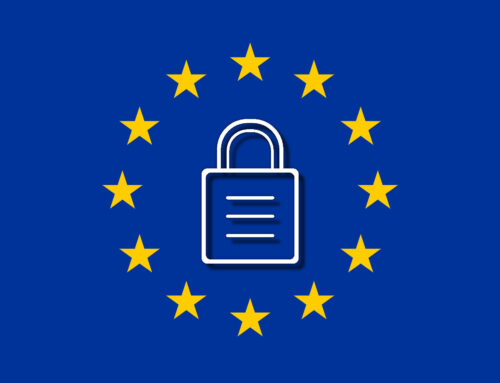What is Blockchain?
Originally, blockchain was a technology that secured financial transactions. Think bitcoin. It still operates in that capacity but the applications of the technology are rapidly expanding.
A more comprehensive definition of blockchain technology is a digital ledger that organizes data into groups called ‘blocks’. These ‘blocks’ are linked together by ‘nodes’ into a chain.
The ‘chain’ acts as a validation method. If a transaction is to be approved, it must be approved across the chain.
Blockchain Resumes
How does this apply to resumes? Using the same type of database, employers could approve and validate data exponentially quicker. The second they receive a document, they could validate it.
MIT is one of the first institutions to integrate this technology into its infrastructure. They no longer require transcripts and degrees because they are validated in a blockchain system.
Perhaps the most practical application of blockchain technology is in applicant tracking systems (ATSs). With the globalization of the workforce, employees are taking on higher degrees of responsibility.
The age of the factory worker is coming to a close. That makes technologies such as blockchain even more useful. In the coming era, it will be imperative for employers to be able to verify the skills and accomplishments of who they are looking to hire.
Companies will no longer have to waste resources checking to see whether someone can verify their skills. Right now, companies spend days, in some cases, weeks, waiting to hear back from background checks and verification checks.
In addition to verifying skills, blockchain technologies will be able to verify any online certifications or additional coursework applicants have completed.
Companies will even be able to verify freelance workers in a structured database. Online recruiting could expedite this process while connecting workers to companies with more accuracy.
Can Companies Deliver on Their Vision?
The big question surrounding blockchain technology is whether or not it can be implemented on a wide scale. The theory behind linking companies in a certified database is admirable, but what if not everyone is on board?
All the more reason to advocate for blockchain technologies. The only thing inhibiting their potential is the resistance to change. With certain non-blockchain vendors delivering affordable results on time, that resistance is heightened.
Cleanliness is Next to Godliness
Though reputable non-blockchain vendors do exist, the question remains; why not progress? In a world already driven by technology, why settle for less competence?
With cybercrime and identity theft pervasively spreading, the value of financial security is at an all-time high. You can’t defeat enemies you can’t see.
The organized structure of blockchain resumes offers a glimpse into the future of that financial security. Verifiable identities, credentials, and skills are just a few of the potential benefits.






